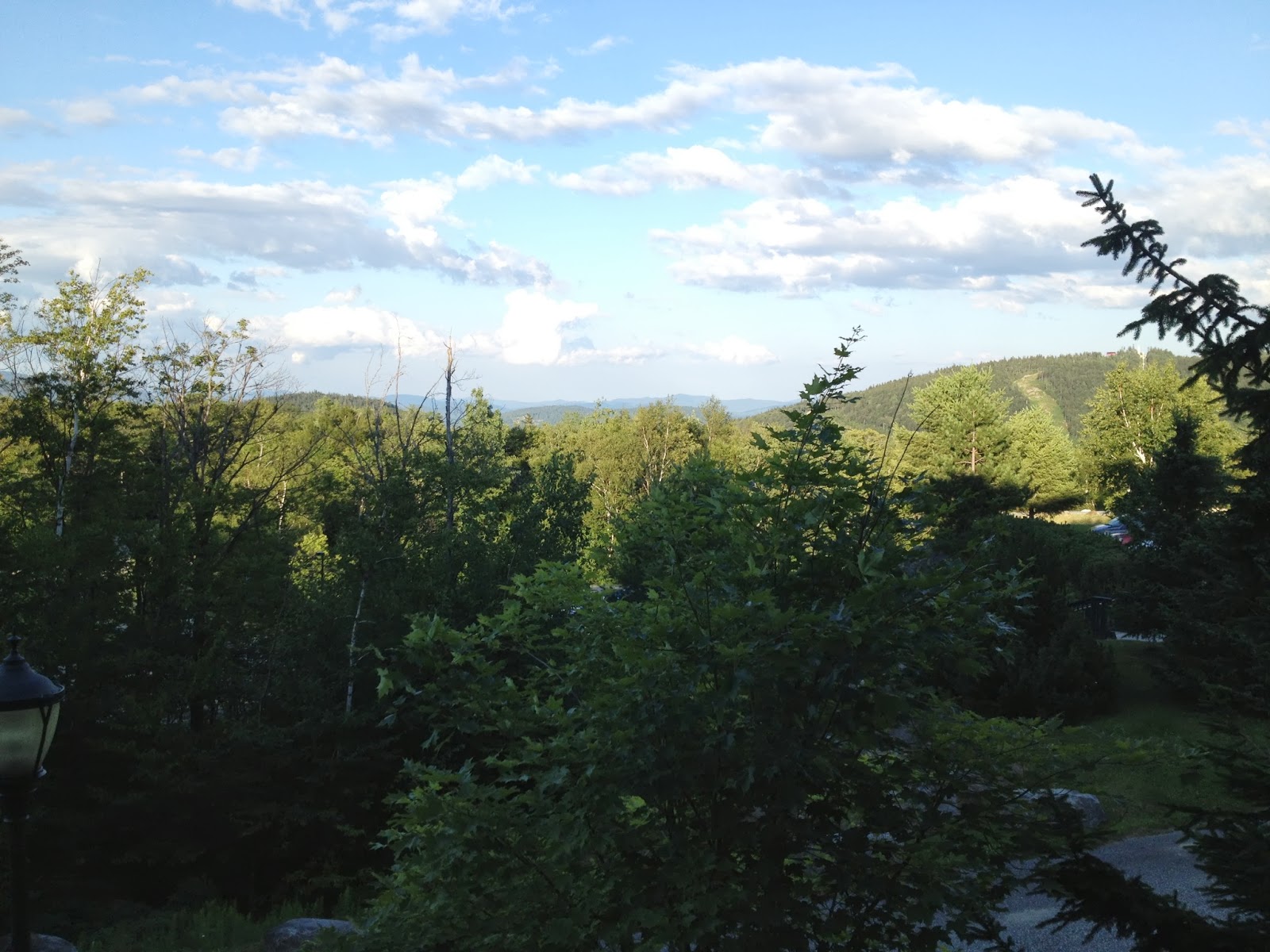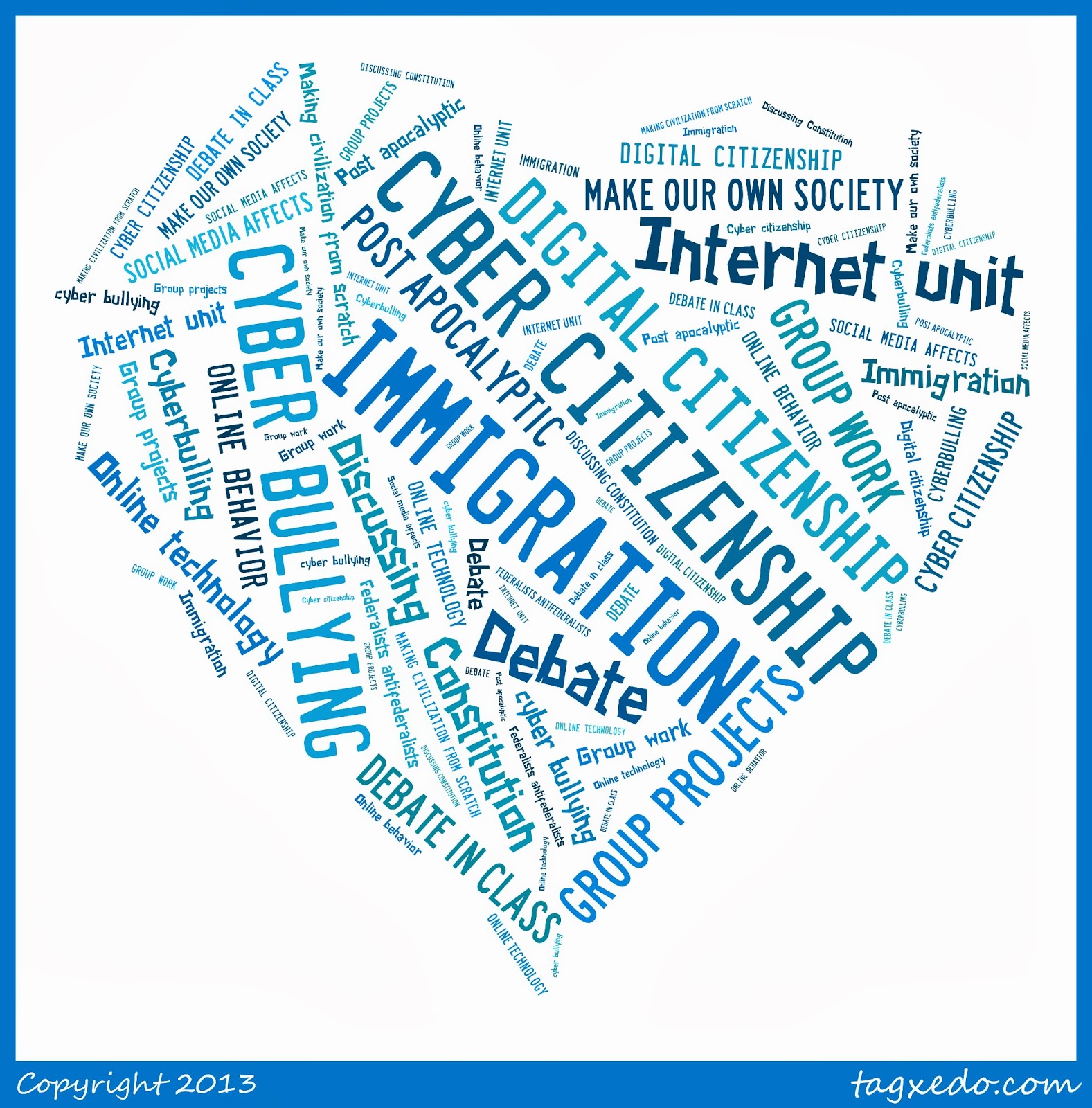1. Flip my Civics course and have it ready (all lesson/all units) to go by day 1.
- Well, I flipped. Flipped out is more like it. There were times I felt I couldn't get it done, but I did. While I'm not sure you'd call what I do truly flipping (well, I suppose there is no "definition), I love how I'm teaching the course, I love the changes I'm making, and I love the feedback I get from the students.
- For this year I'd like to continue on this path, continue listening to the students, and add in more personal reflection (see #4 below). I think where I'm moving too is a place of problem and project based learning with writing infused into the course. I like it.
- Why do I always do this to myself? I took 2 in the fall. Stopped going to the second (I had already taken the course topic twice before) class after the midterm. Spring I only took one.
- This year I'm again attempting 4, but with a better plan. Since I'm doing my practicum in the fall, I'm only "teaching" 3 classes (instead of 6) and then Guidance 9 on Tuesdays and Thursdays so fall won't be trying, but there's always the spring!
- Ummm what was I thinking? With teaching 6 classes, taking 4 graduate courses, and already replanning a course, what made me think I could replan a second course? Seriously, optimism in the summer is more like delusion!
- See #3 above! Although I wish I had kept blogging. I think it would have helped to flesh out ideas I had and implement new ones. But most of all just served as a sounding board for myself, even if I never actually posted it!
- Like #4 above, it would have helped with the "self-care" aspect I always forget about!
I'm sure there were more, but this is what I can think of and BOY DID I FAIL! My umbrella goal for this year is simple I want to FAIL. Yes I am setting out to intentionally FAIL. I know sounds negative and quite the opposite of what I should be doing, but hear me out!
Step 1 in FAIL is FOCUSING.
- I need to focus on what is important. I need to take time and assess what needs to be done now, what can wait to be done, and what can just plain never be done!
- I need to learn to appreciate what I have. That means my support systems around me, my family, my colleagues, my friends, my students, and my PLN!
- I can no longer afford to say yes to everything that everyone asks me to do. I must learn to cull my interests to those that truly excite me and that I have a passion for. Rather than wanting to be helpful to everyone in every situation, I can be most useful to people when my skill set and interests match up.
Step 4 in FAIL is LAUGHTER
- Laughter is the best medicine of all. I want to laugh more, I want to laugher harder, and I want to laugh wholeheartedly this year. I want to enjoy life, after all you're only 29.1 once right!
So who else wants to FAIL with me this year?





